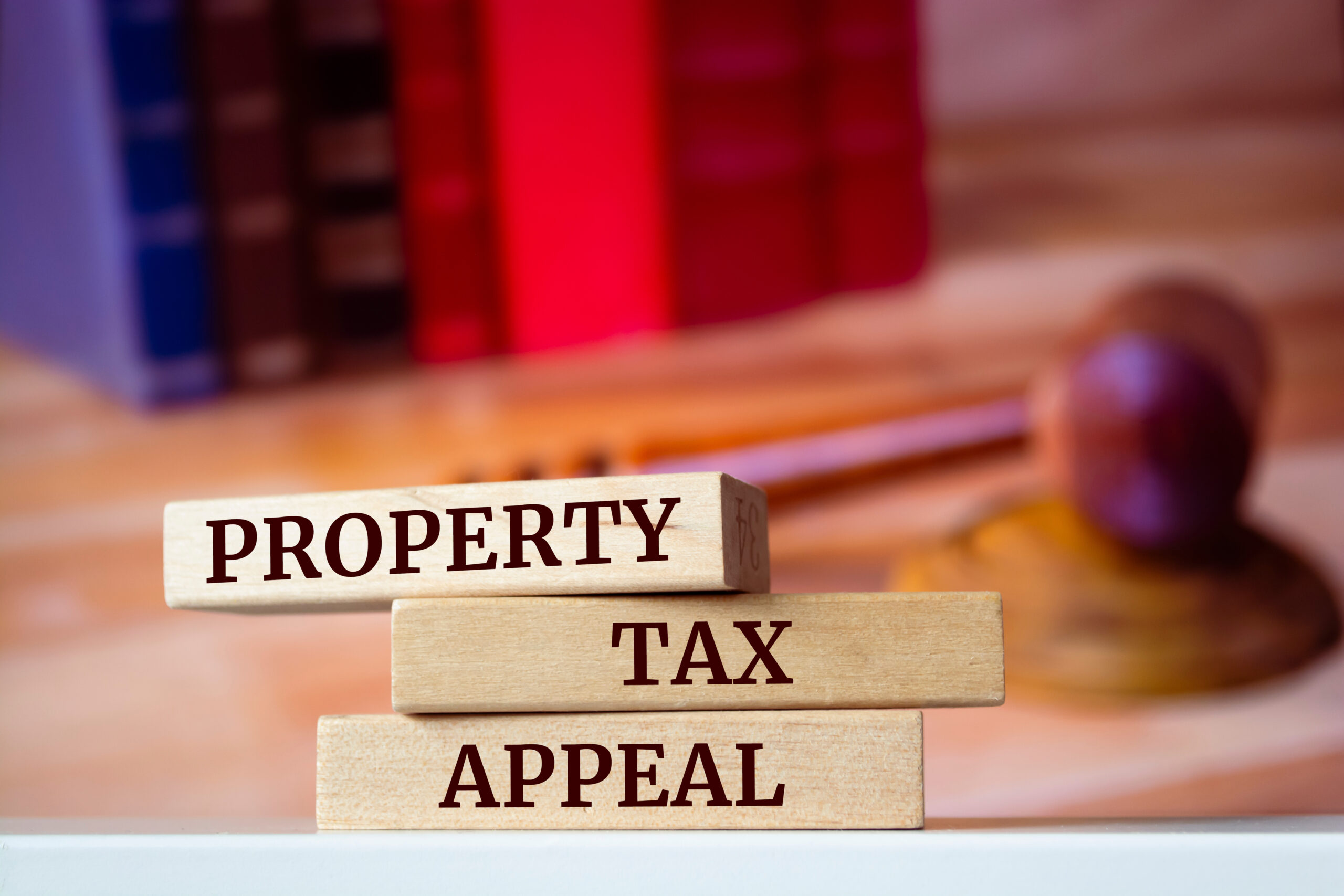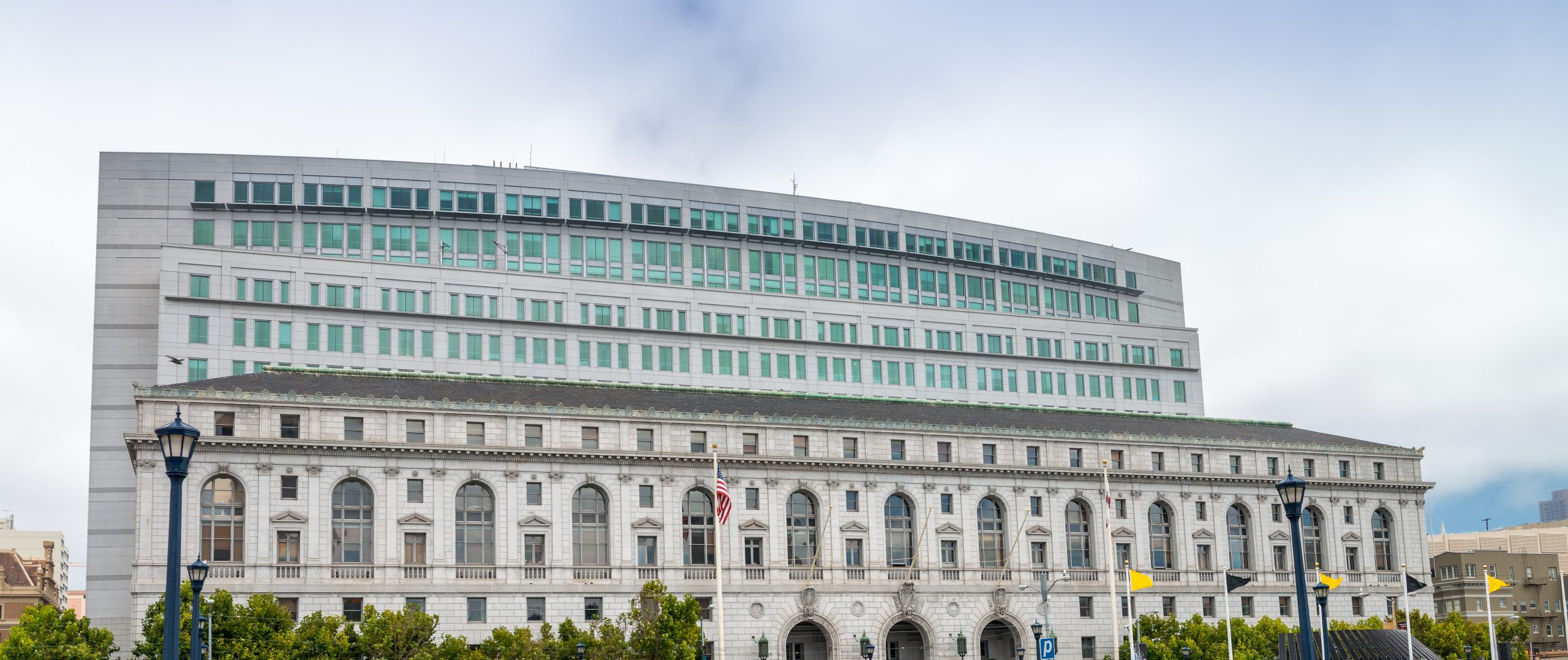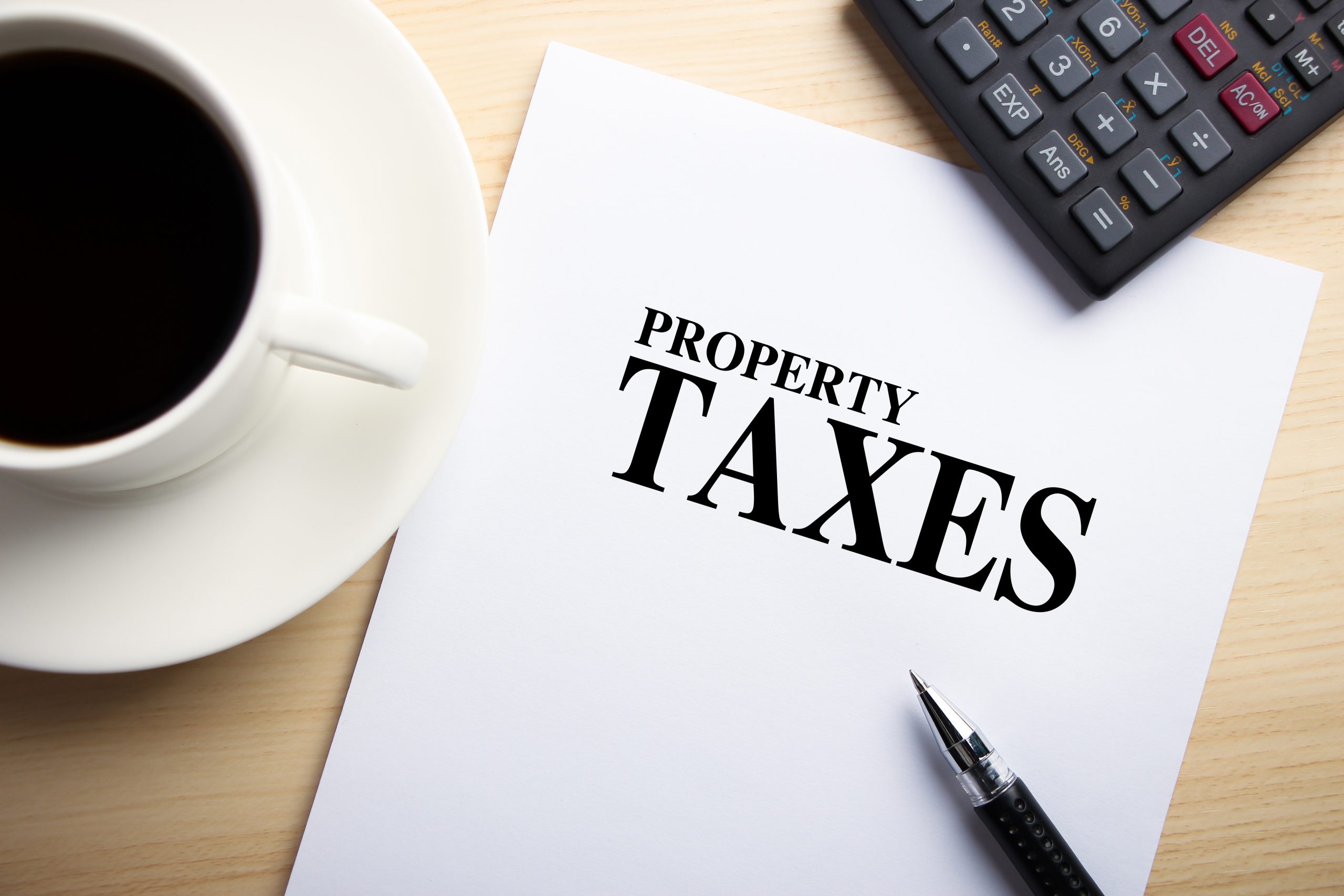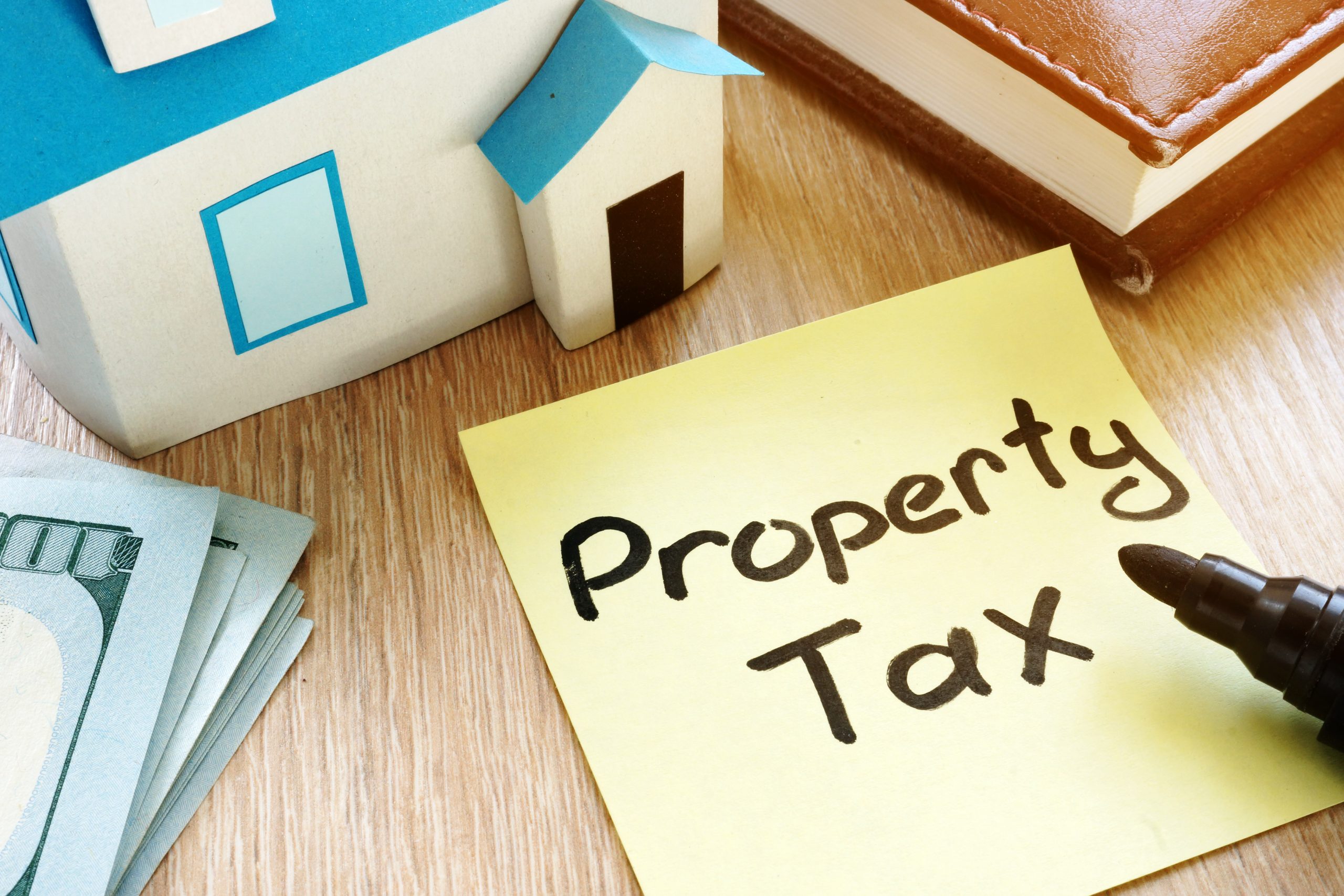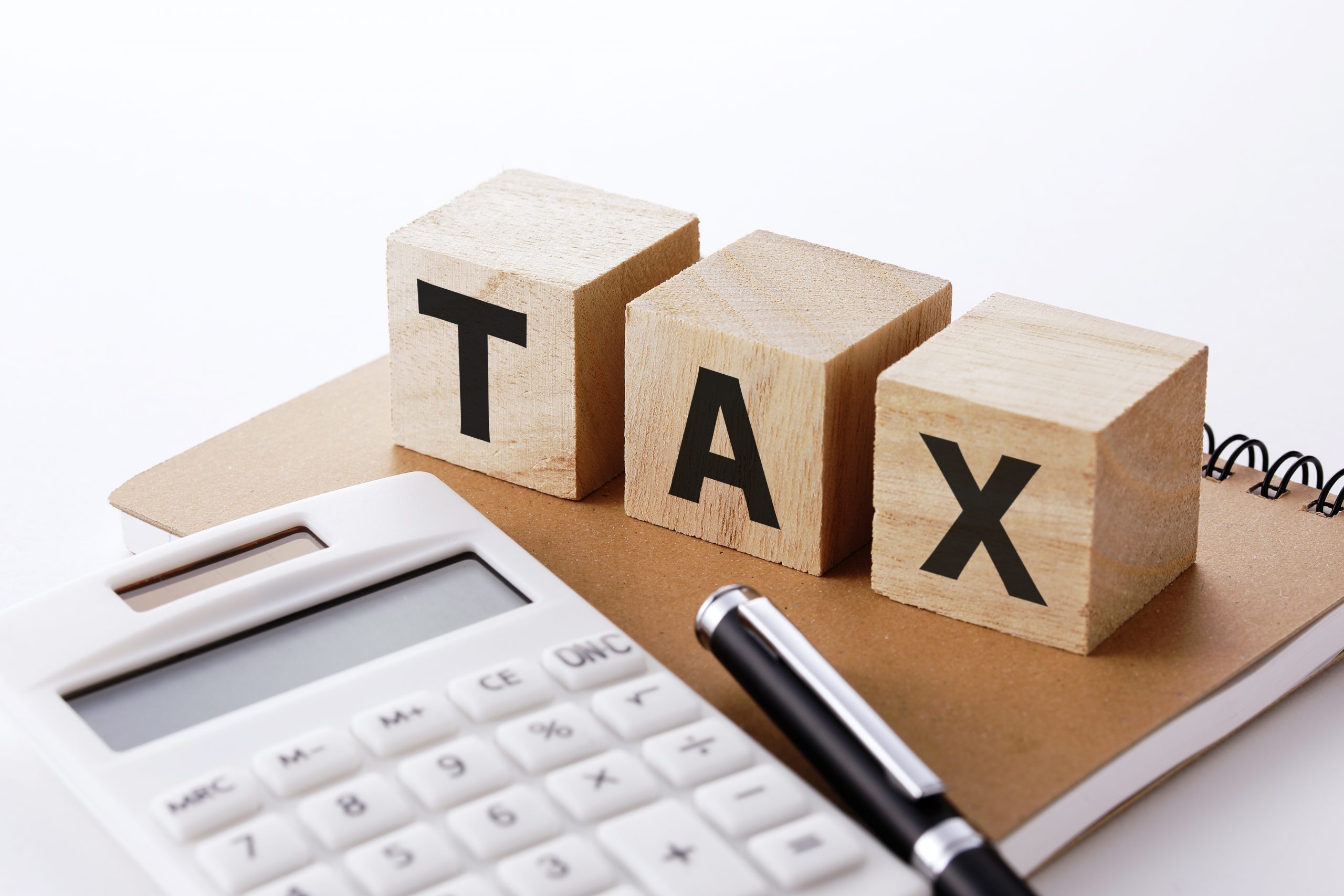Deadline to File Real Estate Tax Appeals for the 2020/2021 Tax Year
For property owners that disagree with their property valuation for the 2020/2021 tax year, the deadline to file an appeal is Tuesday, September 15, 2020. For property located in other counties, owners should check with the local Assessment Appeals Board. Unfortunately, these appeals would relate to the property value as of January 1, 2020, so the economic impact of Covid-19 is not likely to be considered. If you have questions about this, please contact Kevin Rose at krose@reubenlaw.com.
Commercial Properties May Lose Proposition 13 Protection
After many years of planning and political maneuvering, the opponents of Proposition 13 have settled on a ballot initiative, Proposition 15 (also known as the “Split Tax Roll”), to drastically overhaul California’s property tax structure. Proposition 13 is California’s landmark law, embedded in the Constitution that protects owners from increases in real estate taxes in excess of two percent per year. As a compromise to help ensure passage, residential property would be exempt from the tax increase.
The Basics
If passed in this November’s general election, Proposition 15 would require commercial and industrial properties to be reassessed every three years at the full fair market value of the property, as determined by County Assessors. This new assessment would be used to calculate property taxes based on the statutory tax rate, which is also limited to 1% by Proposition 13 and would remain unchanged. There would be no limit on reassessment, so many property owners could experience significant increases in real property taxes. This would wipe out the ability of property owners to plan for stable property tax increases of no more than 2% per year, and authorize County Assessors to exercise their discretion in determining the “fair market value” of real estate. Residential property, including multi-family structures (apartments), is specifically excluded from reassessment, as is commercial agricultural property.
Why Increase Taxes?
The proponents of Proposition 15 argue that commercial and industrial properties are underassessed and avoid over $11 Billion in local property taxes, which should be used to support schools, local governments and affordable housing. Advocates cite an unnamed University of California study claiming that such reassessment of commercial property will have a “net positive benefit” on jobs and the California economy. There was little discussion in the findings about the potential impact on tenants of commercial properties due to higher rents and expense pass throughs, other than the deferment for properties with at least 50% small business occupancy, discussed below. The opposition argues that this is the first step in completely dismantling Proposition 13.
The Process and Procedures for Reassessment
Starting with the 2022-2023 tax year, each County Assessor would be tasked with reassessing commercial and industrial properties to determine the value for property tax purposes. This process would be phased in over two years. Proposition 15 requires the creation of a task force comprised of different interests to recommend the statutory and regulatory details for implementation. Taxpayers would be given a “reasonable” timeframe during which to pay any tax increases. Such time frame is not defined and would have to be determined by the Legislature.
Proposition 15 imposes the burden of proof on the taxpayer with regard to any valuation disputes. Under current law, escape assessments (assessments for tax years later than the tax year the reassessment event occurred) or increased assessments due to change of ownership that are different than the purchase price require the Assessor to prove that the reassessment is justified. Property owners will likely be concerned that, due to political pressure to increase revenues, the Assessor will favor increases in value when there is any conflicting or disputed information. Local assessment appeal boards will almost certainly see a major increase in real estate tax appeals.
Some Properties Worth $3M or Less May Be Excluded
Small property owners are exempt from future reassessments if their property is worth $3 Million or less, but only after one reassessment under Proposition 15. This $3 Million threshold would be adjusted every two years for inflation, starting in 2025. This exception excludes “wealthy” property owners. This means if any owners of such low value property also own other property worth more than $3 Million, then the exception would not apply. The taxpayer has the burden of making this claim with the applicable County Assessor. The decision of County Assessors with regard to these exceptions are deemed to be final, and not subject to appeal to the local assessment appeals board, and judicial review of this exception is limited to “abuse of discretion.”
Small Business Temporary Exception
Properties that are used primarily (50% or more) for a small business, are exempt from reassessment, but only until 2025-2026. Small businesses are simply defined as businesses with less than 50 full time employees, provided that such business owns real property in California (not necessarily the same property) and is independently owned and operated. It is unclear if franchises are excluded, but it seems that the intent is to exclude franchise businesses from the exception.
The Personal Property Tax Exemption
As an incentive to the business community for support (apparently focusing on technology companies), up to $500,000 of tangible personal property and fixtures are exempt from taxation. This excludes airlines and boats. Also, small businesses (as defined above) would be fully exempt from taxation of personal property.
Use of Funds and Administration
Proposition 15 requires that all funds generated by these tax increases be distributed to community colleges (11%) and to school districts, charter schools and county offices of education (89%). There are complicated formulas and reporting requirements included as part of the administrative provisions. Each county and city is required to be compensated for additional costs incurred due to implementation of the reassessment requirements. Apparently, the payments are from the general fund, not the new tax revenues. The spending limitations in the California Constitution would not include any revenue generated by Proposition 15.
The Fight
While normally any proposed change to Proposition 13 would be highly contested, Covid-19, social unrest and the divisive presidential election may limit the publicity and focus on Proposition 15. The California Democratic Party, Bernie Sanders, and the San Francisco Board of Supervisors support Proposition 15. Opponents include the Howard Jarvis Taxpayers Association, The California Business Roundtable, the NAACP, and the California Business Properties Association. According to Ballotpedia, Proposition 15 had a 6% lead in the polls as of April 2020, with a 3% margin of error. Typically, new taxes need a large lead prior to the election as many voters become skittish when actually voting. It will be interesting to see how the voters feel about increasing taxes during recessionary times.
Authored by Reuben, Junius & Rose, LLP Attorney Kevin H. Rose.
The issues discussed in this update are not intended to be legal advice and no attorney-client relationship is established with the recipient. Readers should consult with legal counsel before relying on any of the information contained herein. Reuben, Junius & Rose, LLP is a full service real estate law firm. We specialize in land use, development and entitlement law. We also provide a wide range of transactional services, including leasing, acquisitions and sales, formation of limited liability companies and other entities, lending/workout assistance, subdivision and condominium work.

